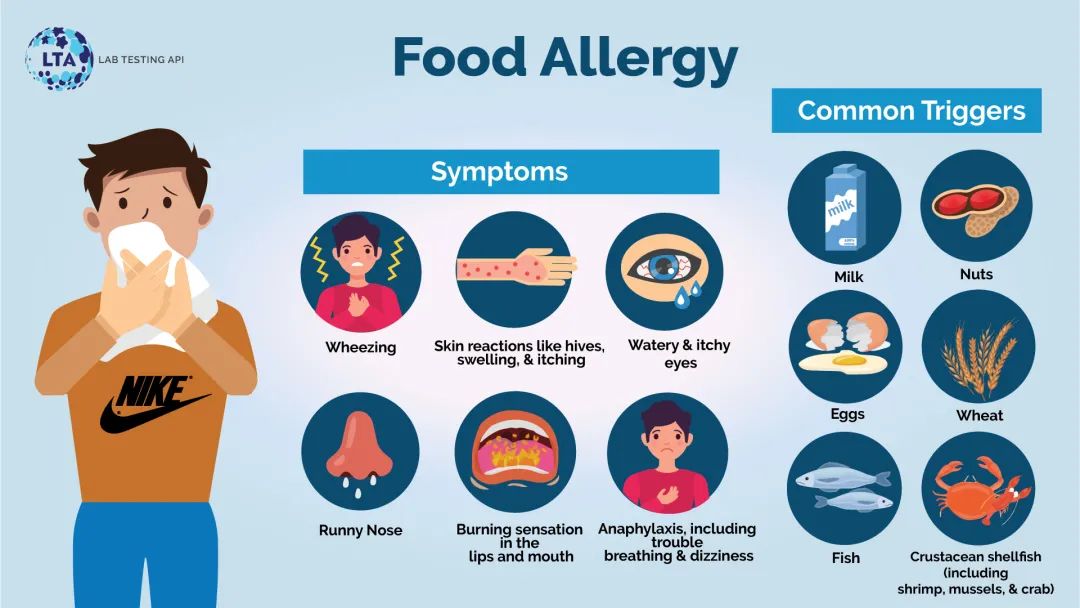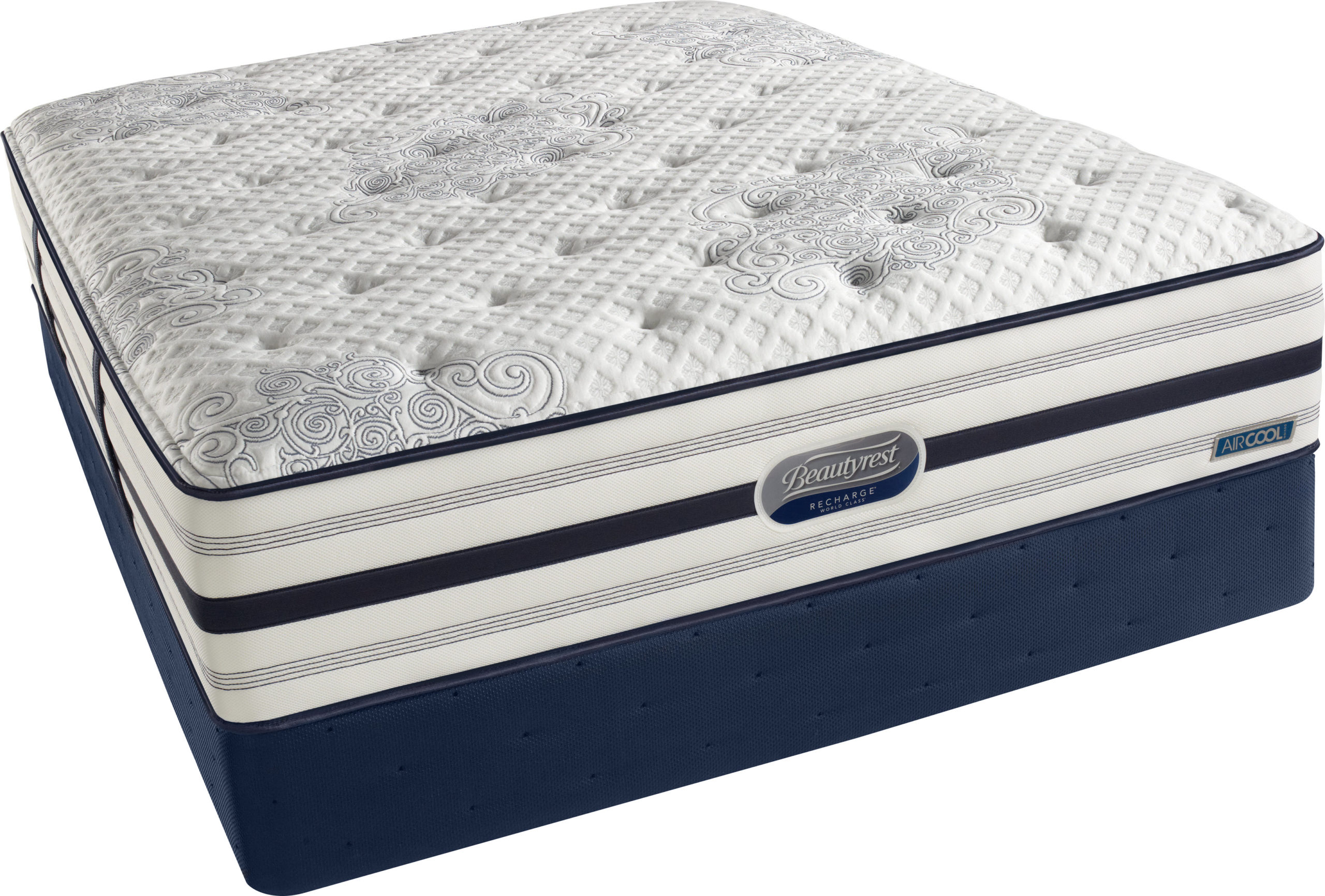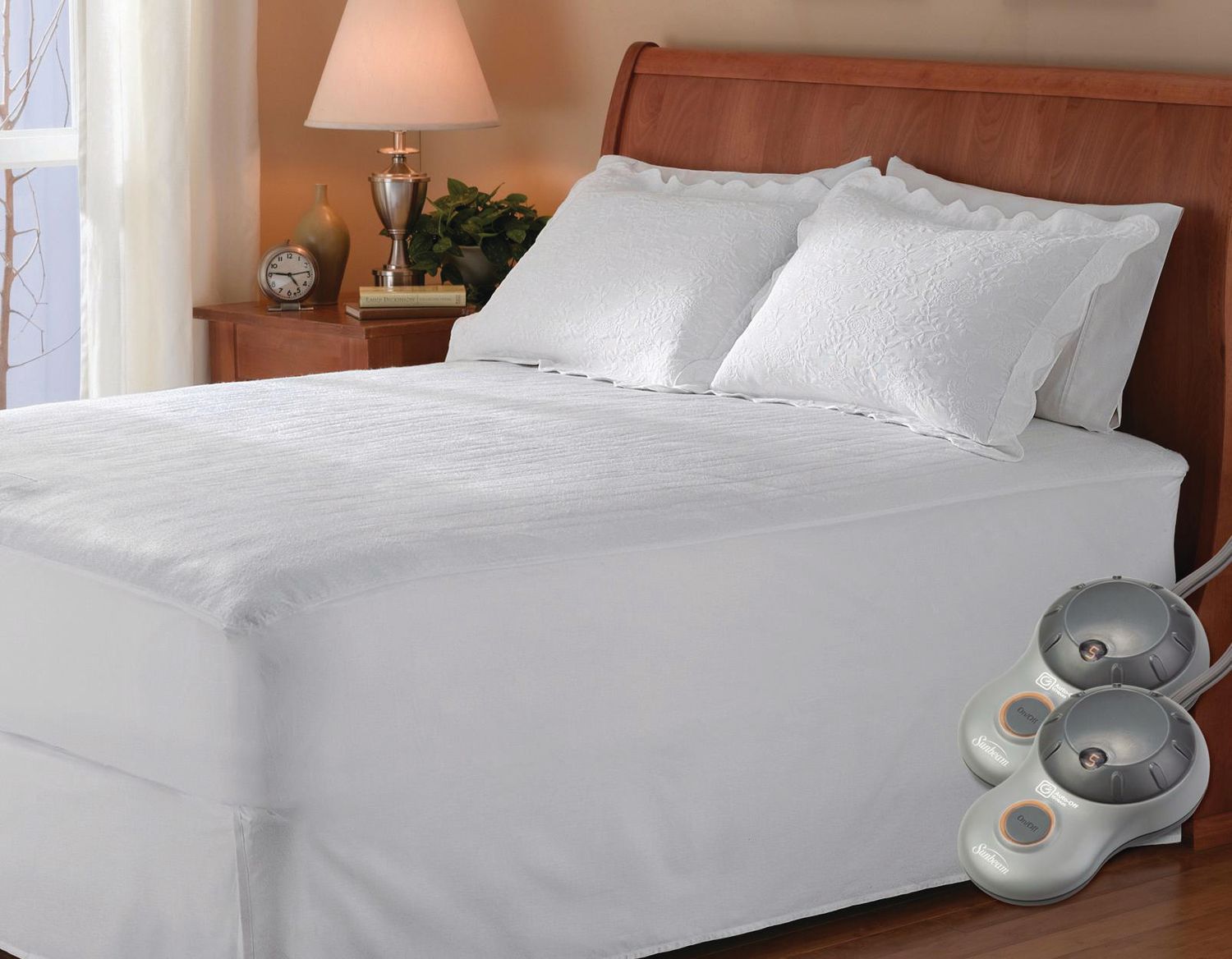Many people believe that their bedroom is a safe haven from allergies, but what if your mattress is actually causing your symptoms? Your mattress can be a breeding ground for allergens, leading to sneezing, itching, and other uncomfortable reactions. In this article, we will explore the top 10 ways your mattress could be causing your allergies and how to find relief.Can a Mattress Cause Allergies?
First, it's important to know the signs of a potential mattress allergy. If you wake up with a stuffy nose, itchy eyes, or a scratchy throat, it could be due to allergens in your mattress. Another telltale sign is if your symptoms improve when you are away from your bed for an extended period of time. If you experience these symptoms regularly, it's time to investigate the potential allergens in your mattress.How to Tell if Your Mattress is Causing Allergies
There are several common allergens that can be found in mattresses. Dust mites are a major culprit, as they thrive in warm and humid environments. These microscopic creatures feed on dead skin cells and can cause allergies through their waste and body parts. Mold is another common allergen found in mattresses, especially if the mattress has been exposed to moisture. Other potential allergens include pet dander, pollen, and chemicals used in the manufacturing process.Common Allergens Found in Mattresses
If you suffer from allergies, it's important to choose a mattress that is hypoallergenic. Look for mattresses that are made from natural materials, such as organic cotton, bamboo, or natural latex. These materials are less likely to harbor allergens. Additionally, look for mattresses that have been certified by organizations such as CertiPUR-US or Oeko-Tex, which ensure that the mattress is free from harmful chemicals.How to Choose a Hypoallergenic Mattress
Aside from physical symptoms, there are a few other signs that your mattress may be causing your allergies. If your mattress has visible stains, mold growth, or a musty smell, it's likely harboring allergens. Additionally, if you wake up with unexplained skin rashes or hives, it could be a sign of an allergic reaction to your mattress.Signs You May Be Allergic to Your Mattress
To reduce allergens in your mattress, it's important to regularly clean and maintain it. Vacuuming your mattress regularly can help remove dust mites and their waste. You can also use a steam cleaner to kill any remaining allergens. If your mattress has a removable cover, be sure to wash it in hot water every few weeks. Additionally, consider using a mattress protector to create a barrier between you and potential allergens.How to Clean Your Mattress to Reduce Allergens
As mentioned earlier, mattresses made from natural materials like organic cotton, bamboo, or natural latex are the best options for allergy sufferers. These materials are less likely to harbor allergens and are often more breathable, reducing the risk of moisture buildup and mold growth. Look for mattresses that are labeled as hypoallergenic or specifically designed for allergy sufferers.Best Mattress Materials for Allergy Sufferers
Dust mites can thrive in any type of mattress, regardless of the material. However, they are more commonly found in traditional innerspring and memory foam mattresses. This is because these mattresses have more layers and crevices where dust mites can hide and breed. If you suffer from dust mite allergies, consider investing in a latex or organic cotton mattress, which have fewer hiding spots for these pests.Can Dust Mites Live in Your Mattress?
On average, a mattress should be replaced every 7-10 years. However, if you suffer from allergies, it may be necessary to replace your mattress more frequently. As mattresses age, they become more prone to collecting allergens and can also lose their support and comfort. If you notice an increase in allergy symptoms or your mattress is visibly worn, it's time to consider replacing it.How Often Should You Replace Your Mattress to Avoid Allergies?
If you suspect that your mattress is the root cause of your allergies, there are a few steps you can take to find relief. First, try switching to a hypoallergenic mattress and follow the cleaning and maintenance tips mentioned earlier. If your symptoms persist, it may be necessary to consult with an allergist to determine the specific allergen causing your reaction. They can perform tests and provide recommendations for managing your allergies. In conclusion, your mattress could be the culprit behind your allergies. By choosing a hypoallergenic mattress, regularly cleaning and maintaining your mattress, and replacing it when necessary, you can reduce your exposure to allergens and find relief from your symptoms. Remember, a good night's sleep is crucial for overall health and wellbeing, so don't let allergies keep you from getting the rest you deserve.What to Do if Your Mattress is Causing Allergies
How Your Mattress Could Be Causing Your Allergies

When it comes to designing our homes, we often focus on aesthetics and functionality. But one aspect of house design that often gets overlooked is the mattress . Most of us spend a third of our lives sleeping, so it's important to ensure that our mattress is not only comfortable, but also allergy -friendly. That's right, your mattress could be the culprit behind your allergies .
The Connection Between Mattresses and Allergies

You may be wondering how something as seemingly innocent as a mattress could cause allergies . Well, the truth is, mattresses can harbor a variety of allergy -causing substances. Dust mites, mold, and even pet dander can all accumulate in your mattress over time. And since we spend so much time in close contact with our mattresses , it's no wonder that these allergens can wreak havoc on our respiratory systems.
The Importance of a Hypoallergenic Mattress

If you suffer from allergies , investing in a hypoallergenic mattress is a must. These mattresses are designed to prevent the accumulation of allergens and are made with materials that are less likely to trigger allergic reactions . Look for mattresses made with organic materials, as they are less likely to contain chemicals and irritants that can cause allergies . Additionally, make sure to regularly clean and vacuum your mattress to prevent the buildup of allergens .
Other Factors to Consider

Aside from the materials used in your mattress , there are other factors to consider when it comes to allergies . For example, the type of mattress you choose can also play a role. Traditional spring mattresses tend to trap more allergens than memory foam or latex mattresses . Additionally, the age of your mattress can also impact its allergy -friendliness. As mattresses age, they can become less resistant to allergens and more likely to trigger allergic reactions .
In conclusion, if you suffer from allergies , it's important to pay attention to the mattress in your home. Opt for a hypoallergenic mattress made with organic materials and regularly clean and maintain it. By taking these precautions, you can ensure a good night's sleep without the irritation of allergies .
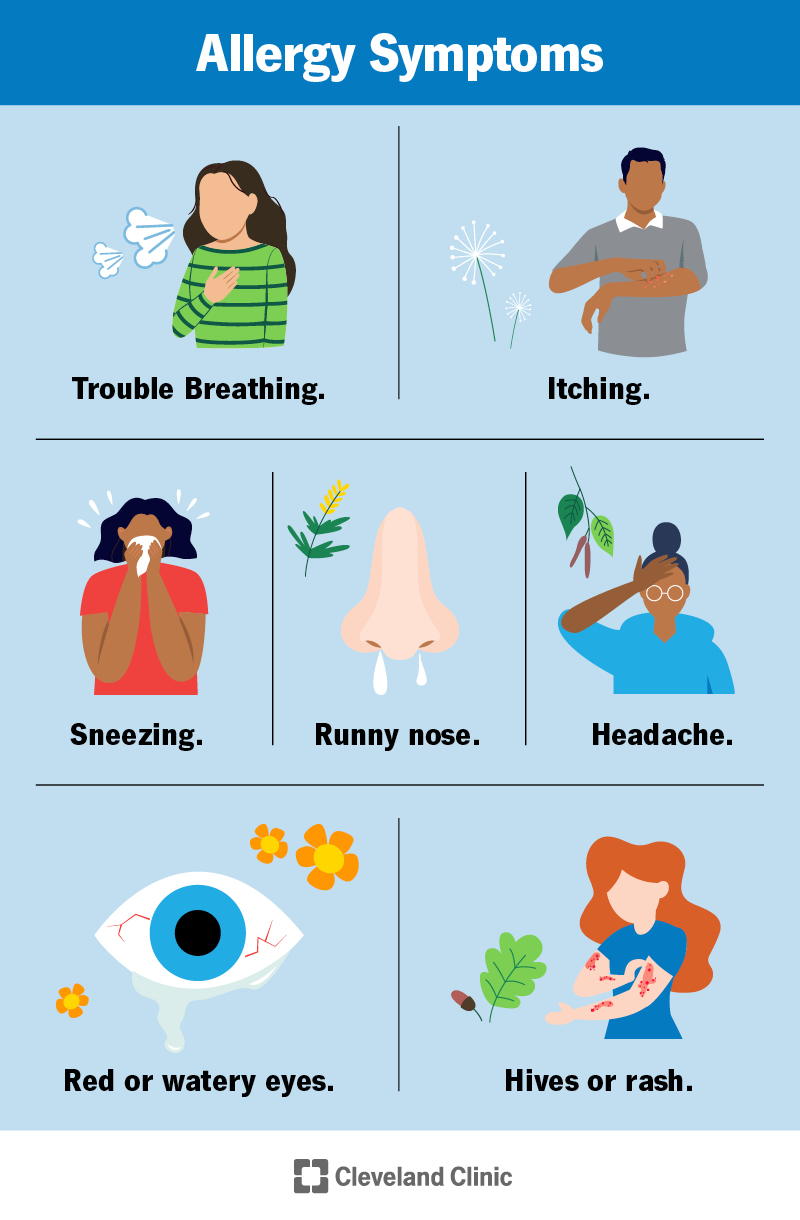



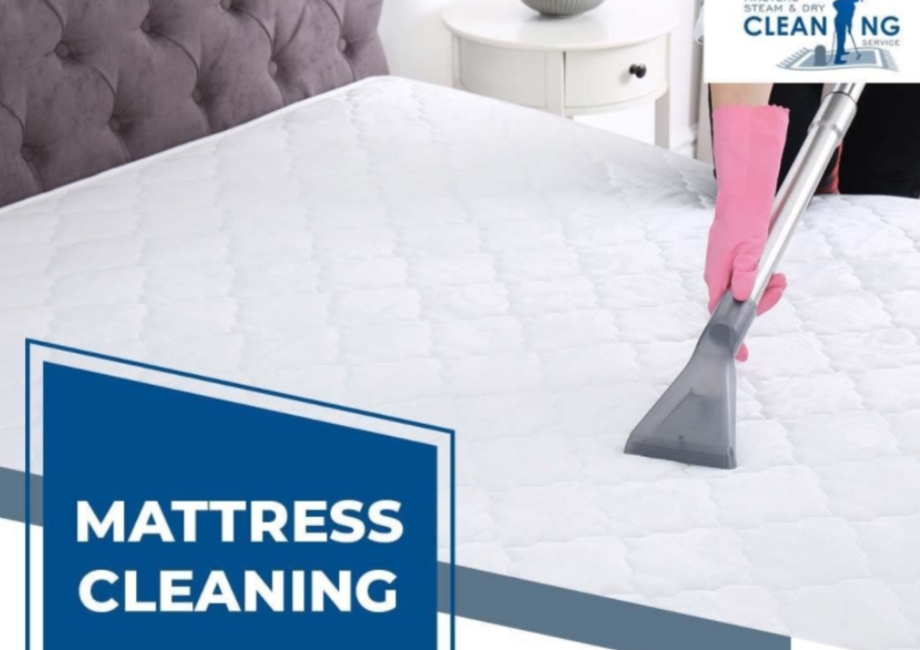

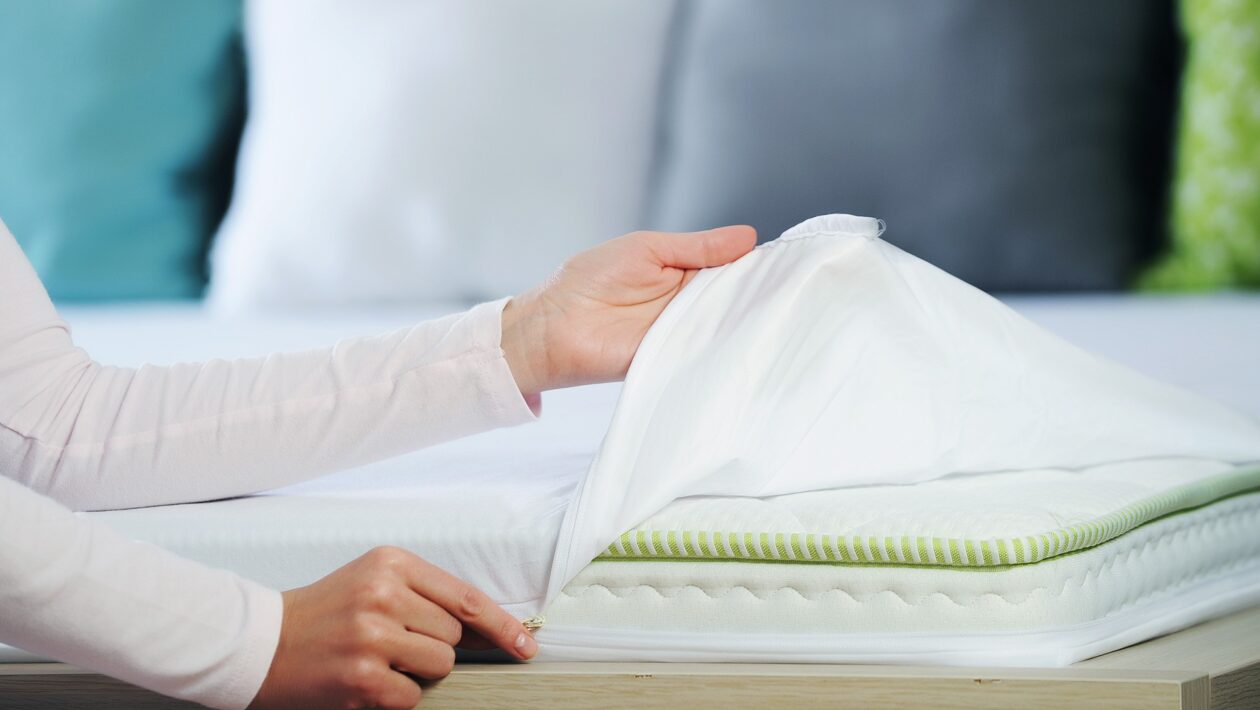

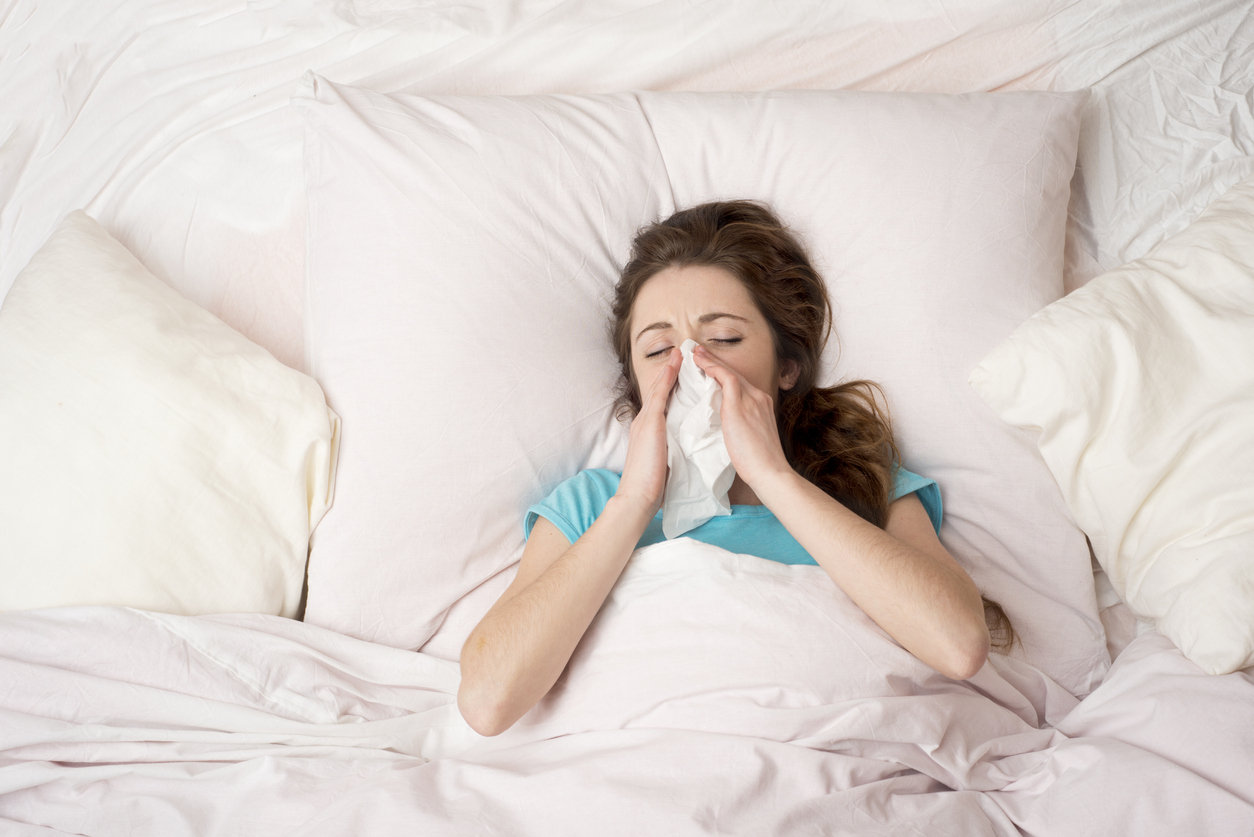
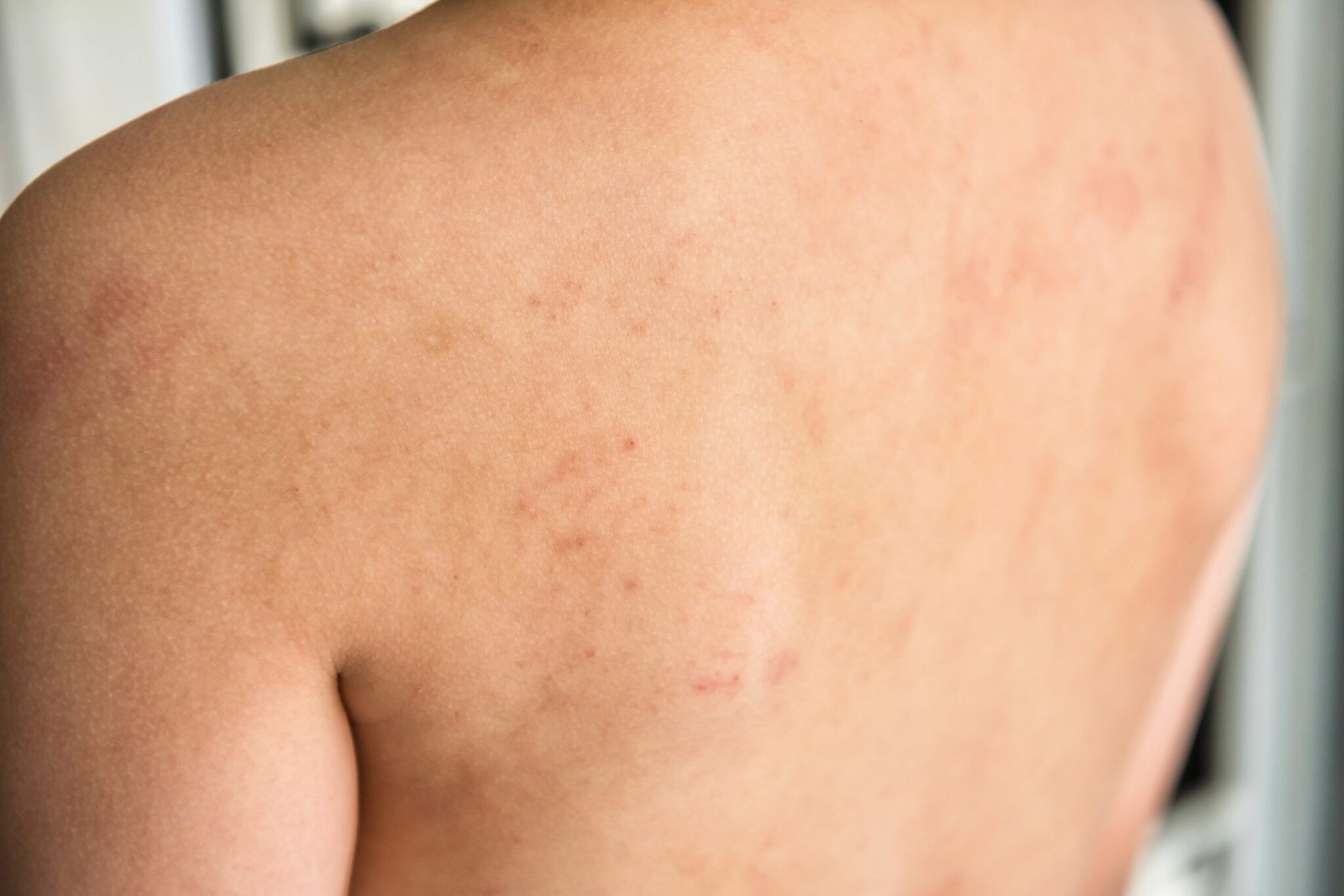







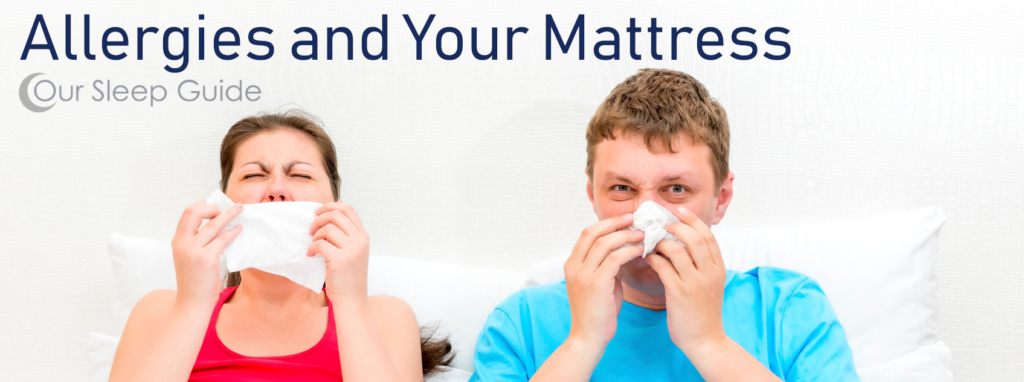


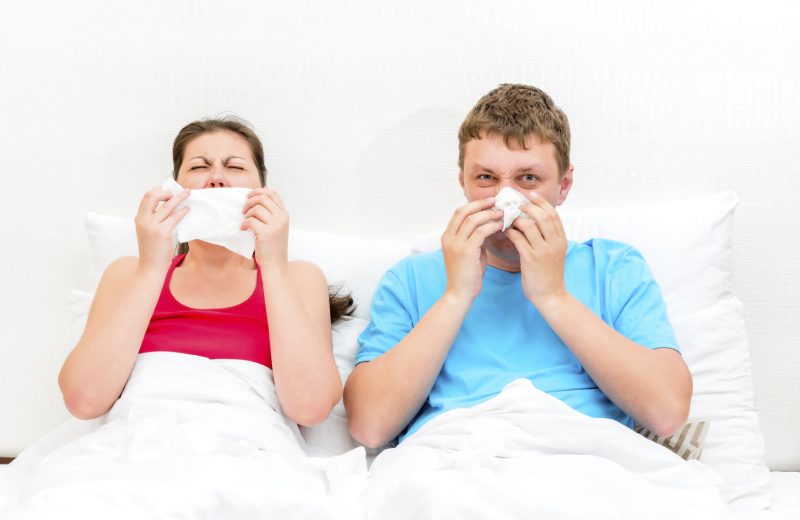
:max_bytes(150000):strip_icc()/the-most-common-food-allergies-1324134-FINAL-545b394b1d724c7faf278a4e1e552679.jpg)










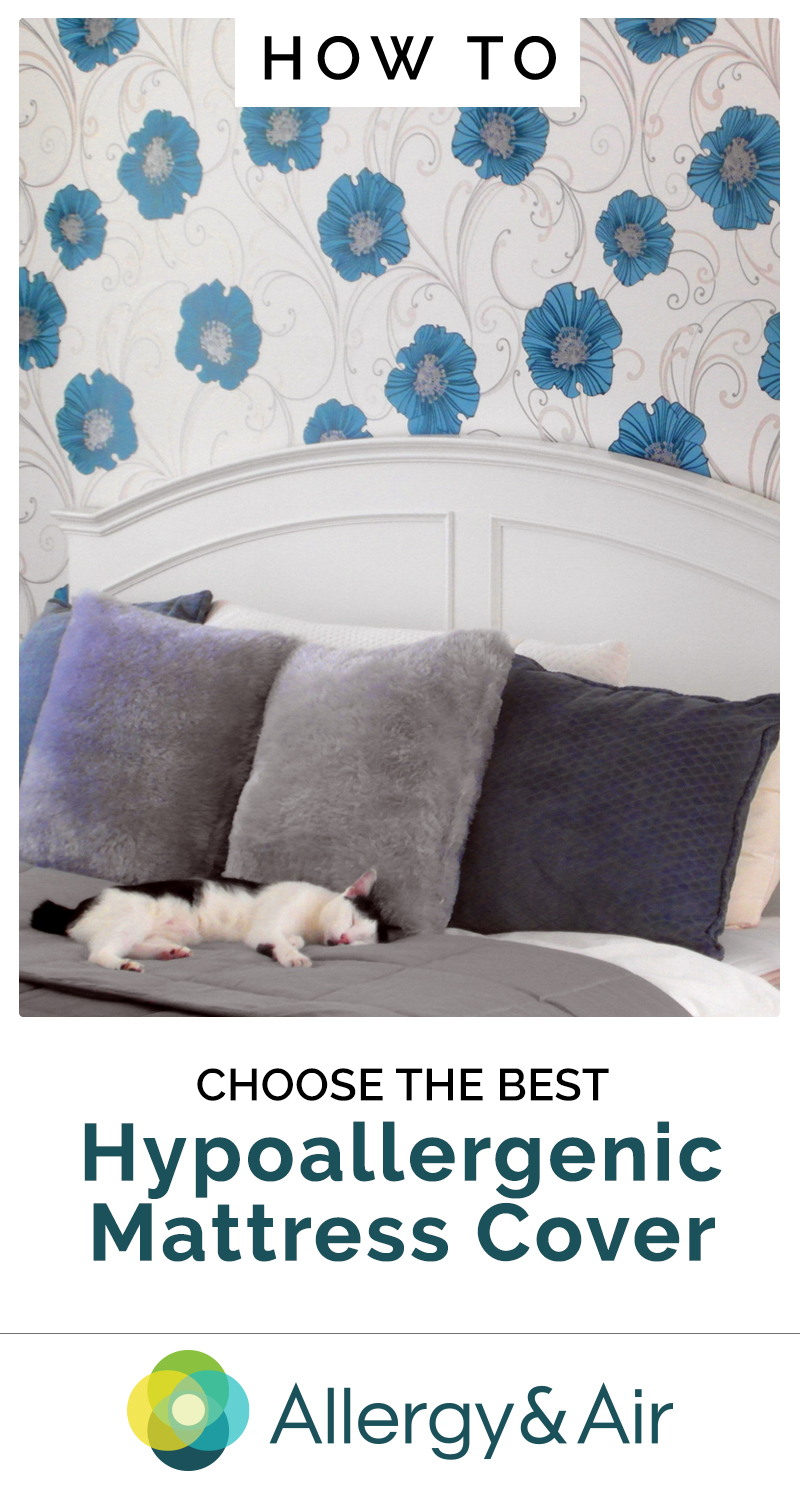


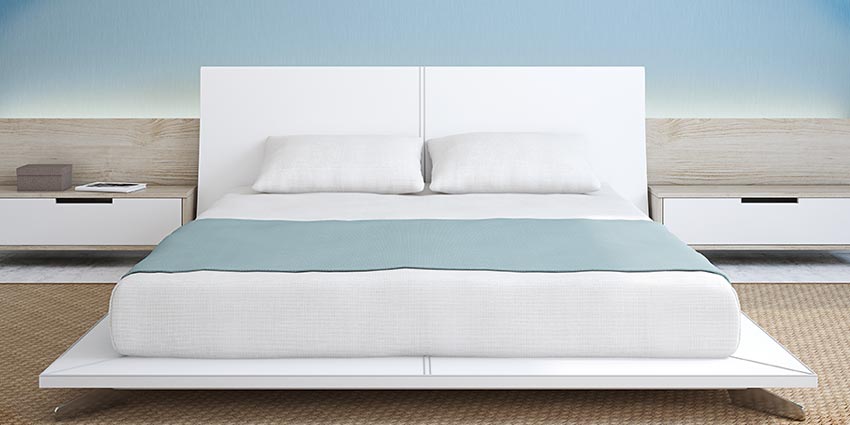
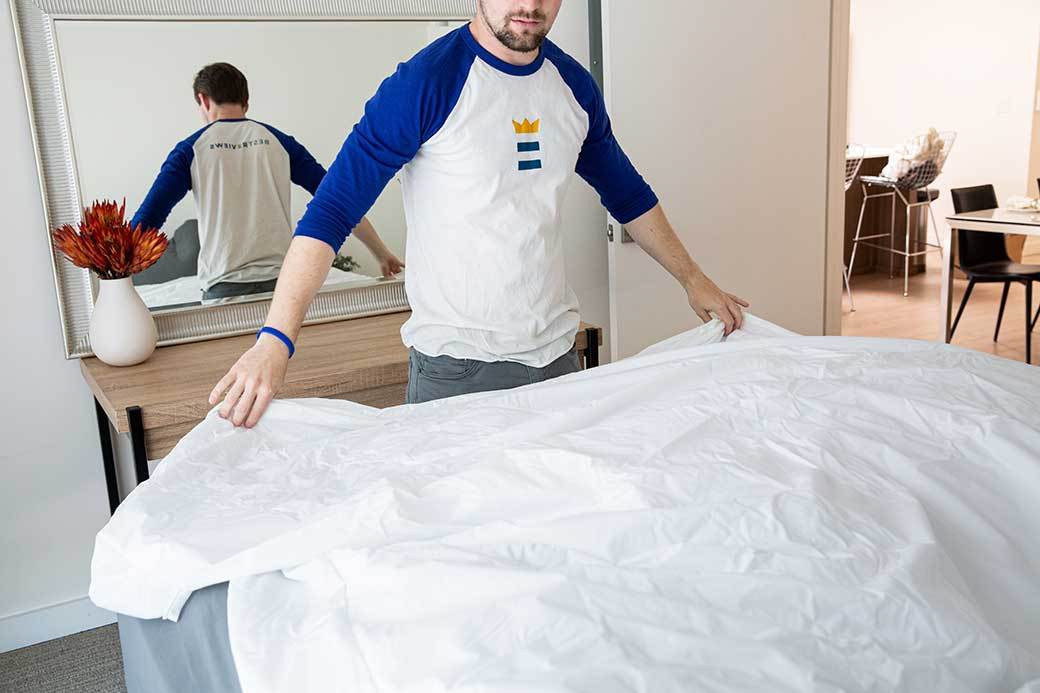














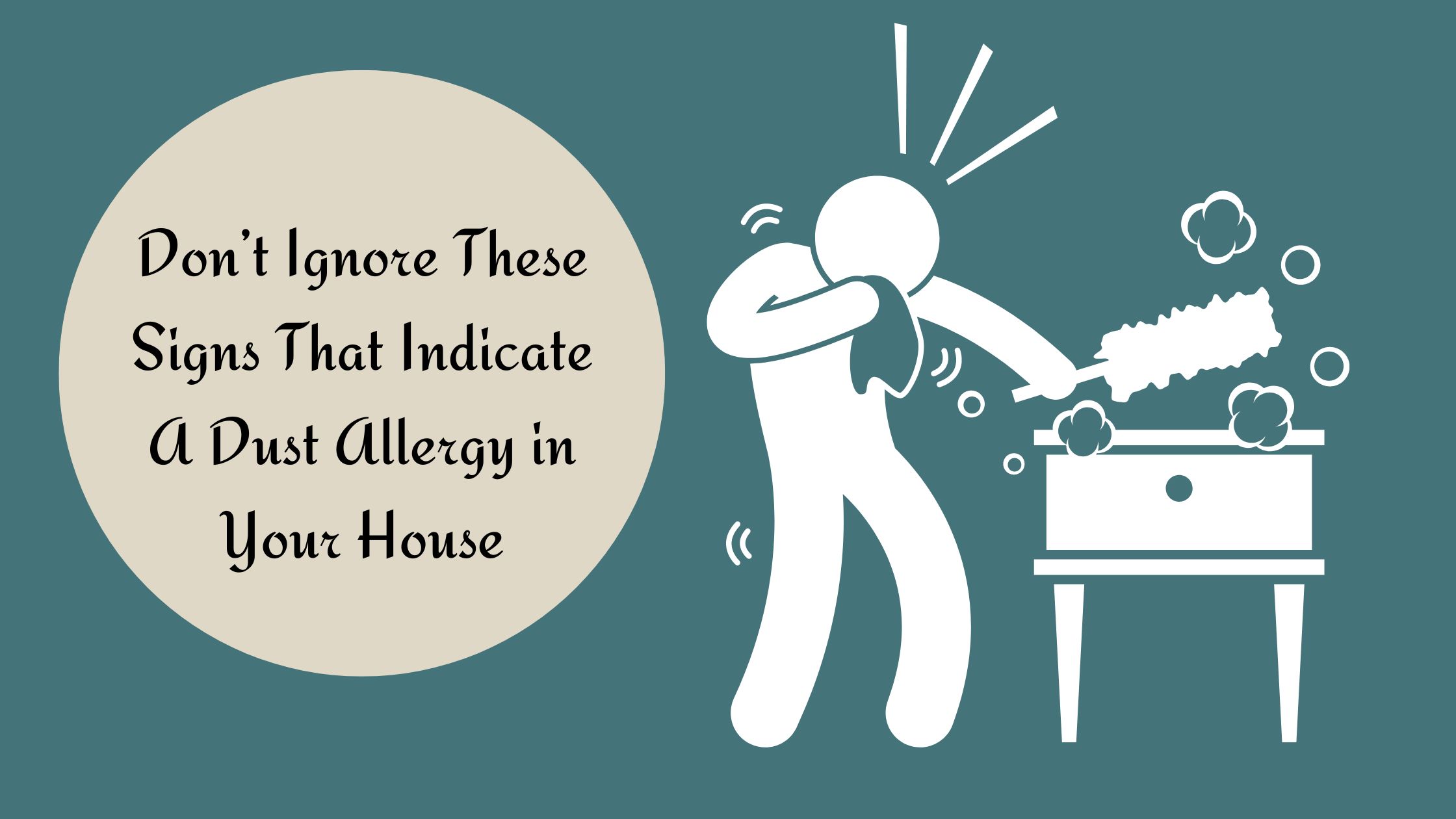


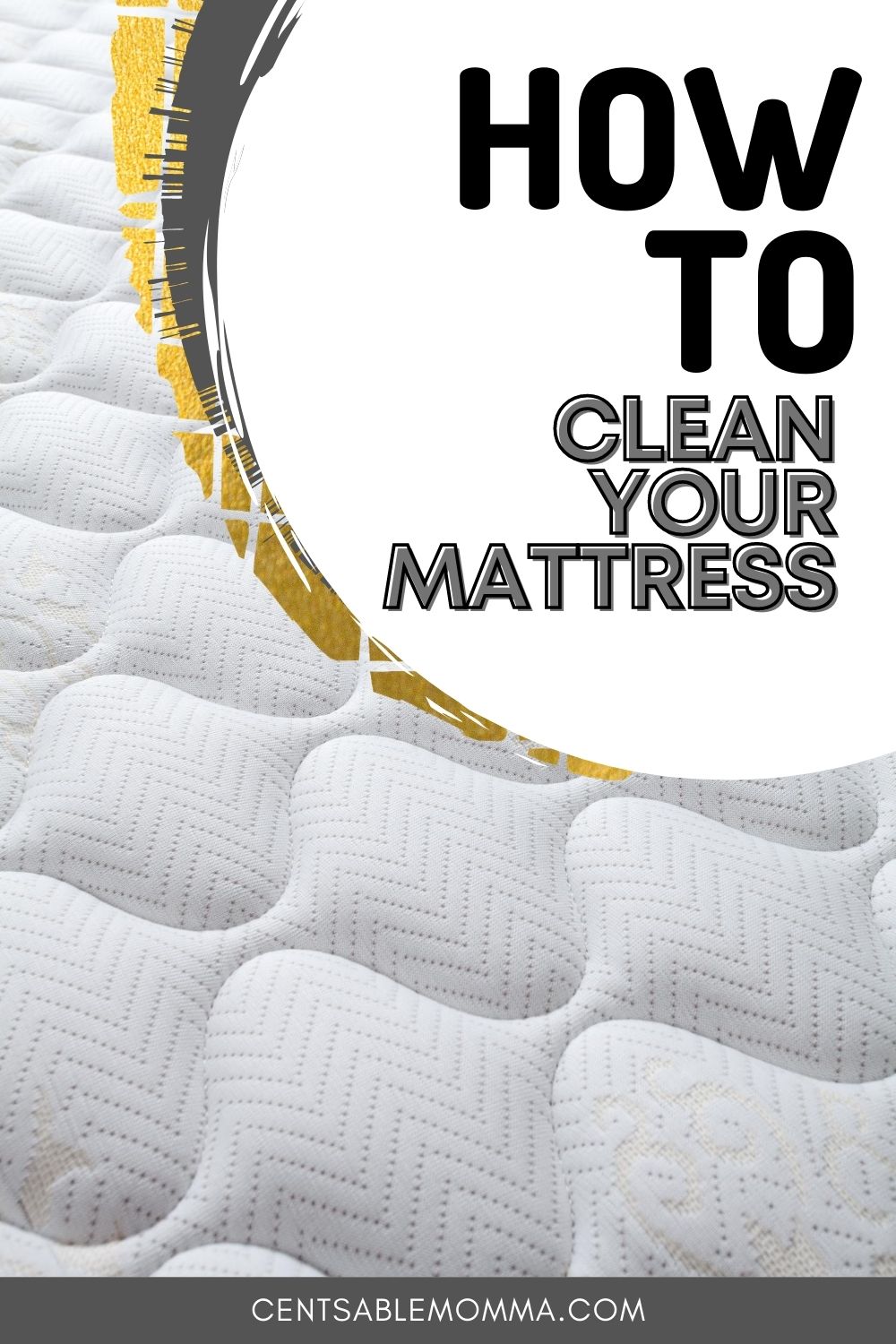
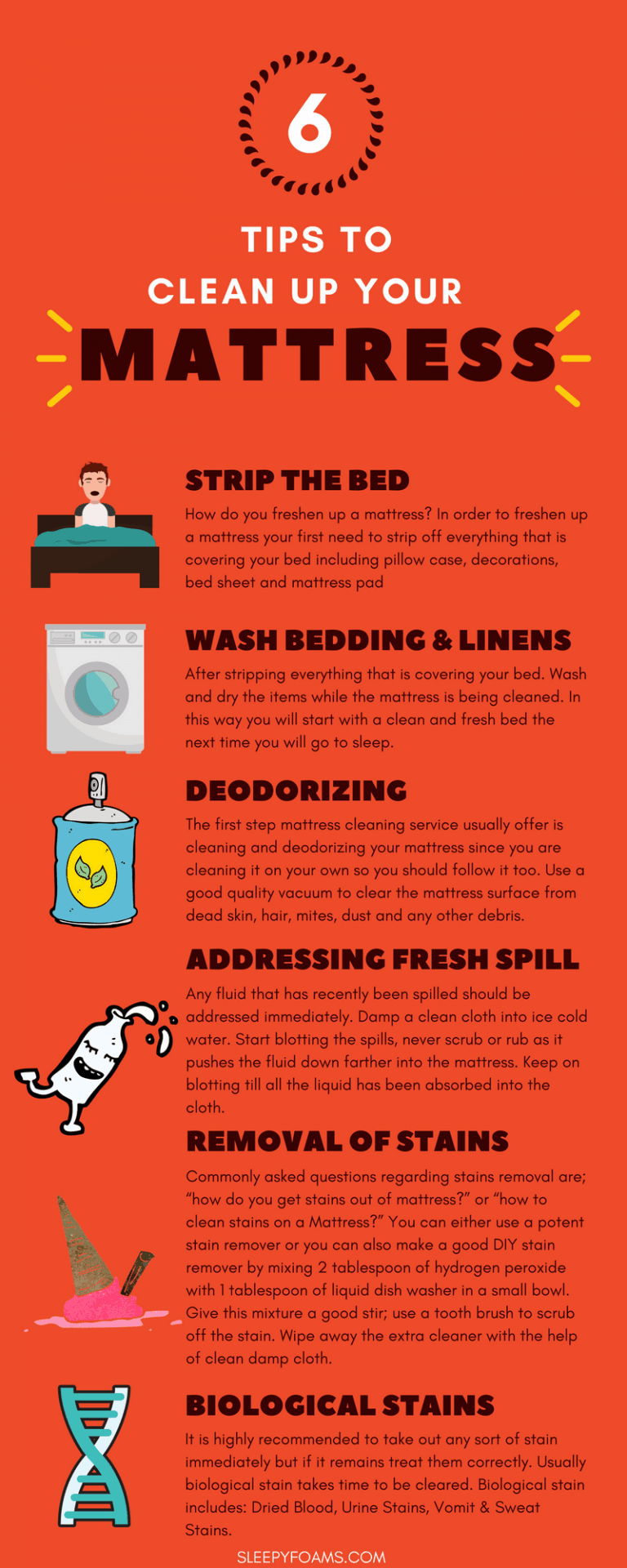

:max_bytes(150000):strip_icc()/clean-your-mattress-the-natural-way-350742-14-5a99efe91be349449c3178993b367746.jpg)

:max_bytes(150000):strip_icc()/clean-your-mattress-the-natural-way-350742-dd95404f7ac54f9b90f09045d9b4e98c.png)







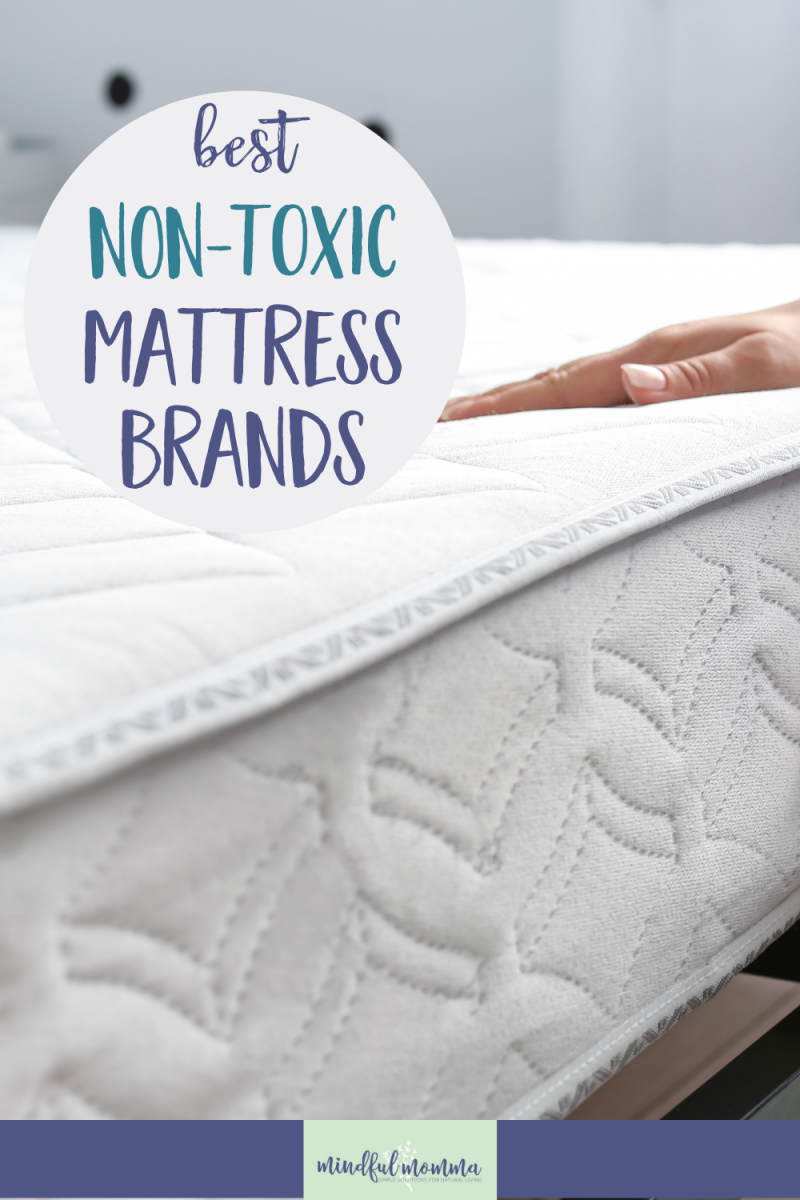

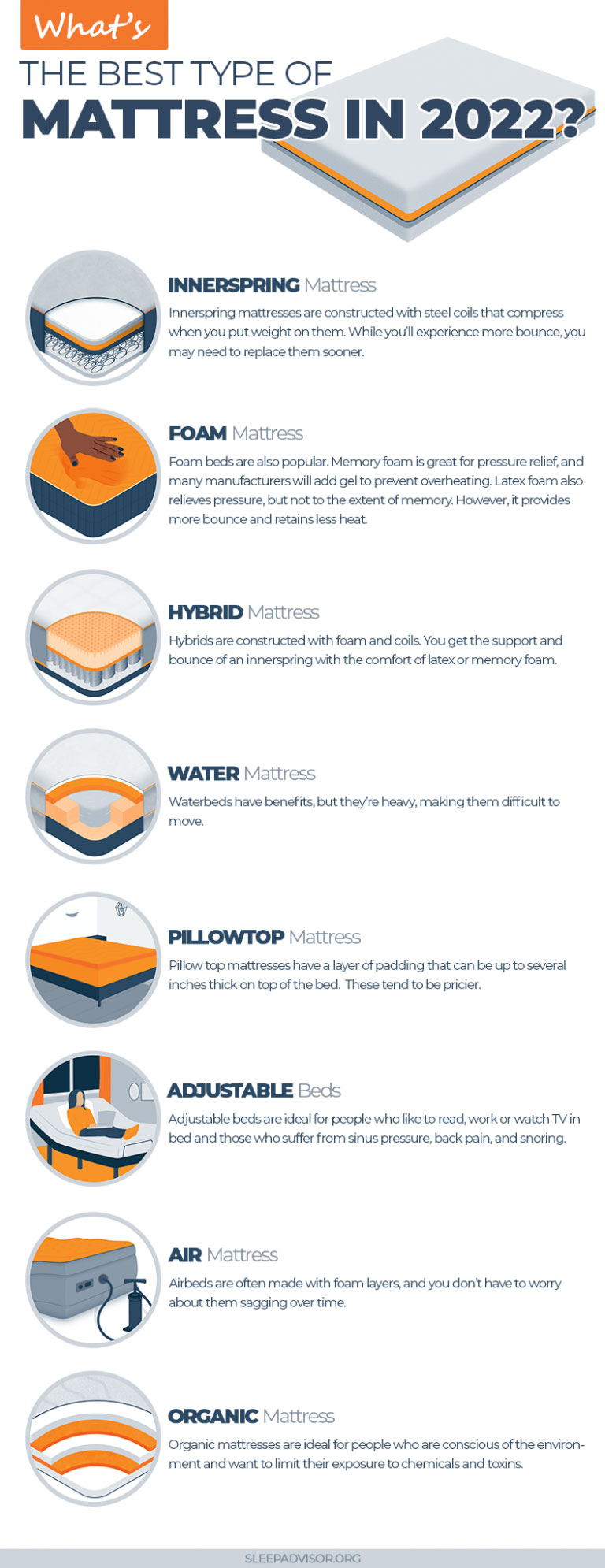
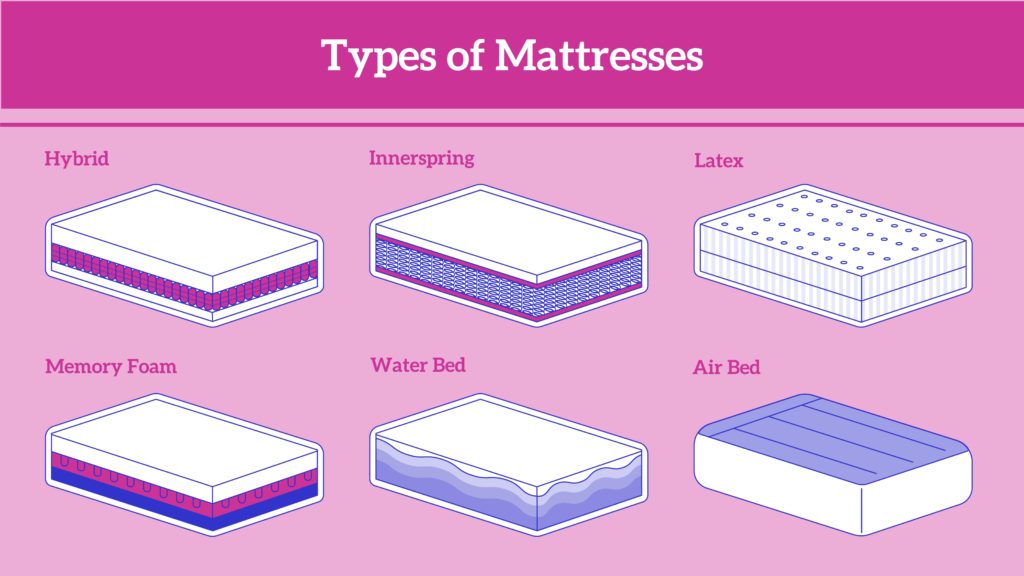
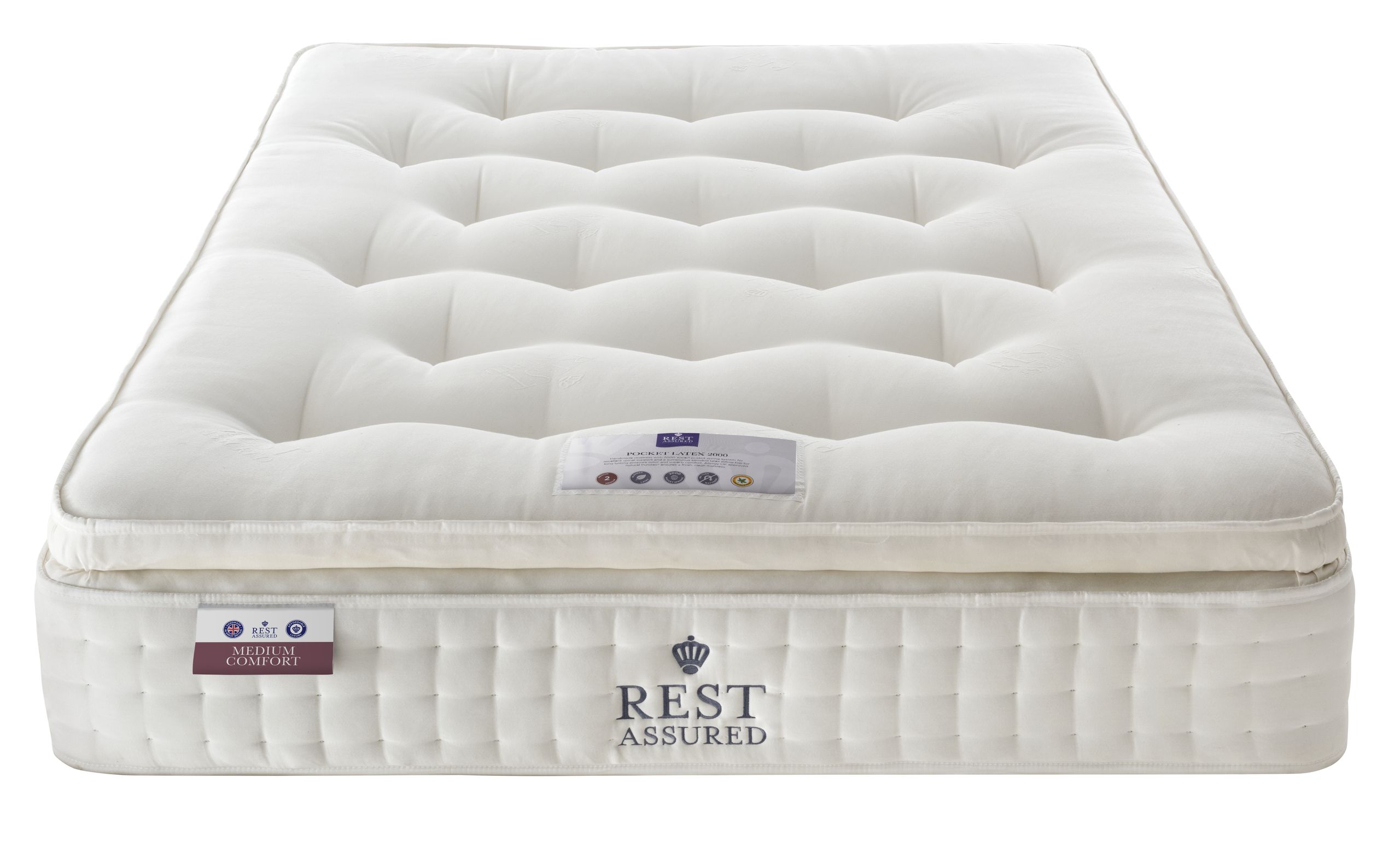
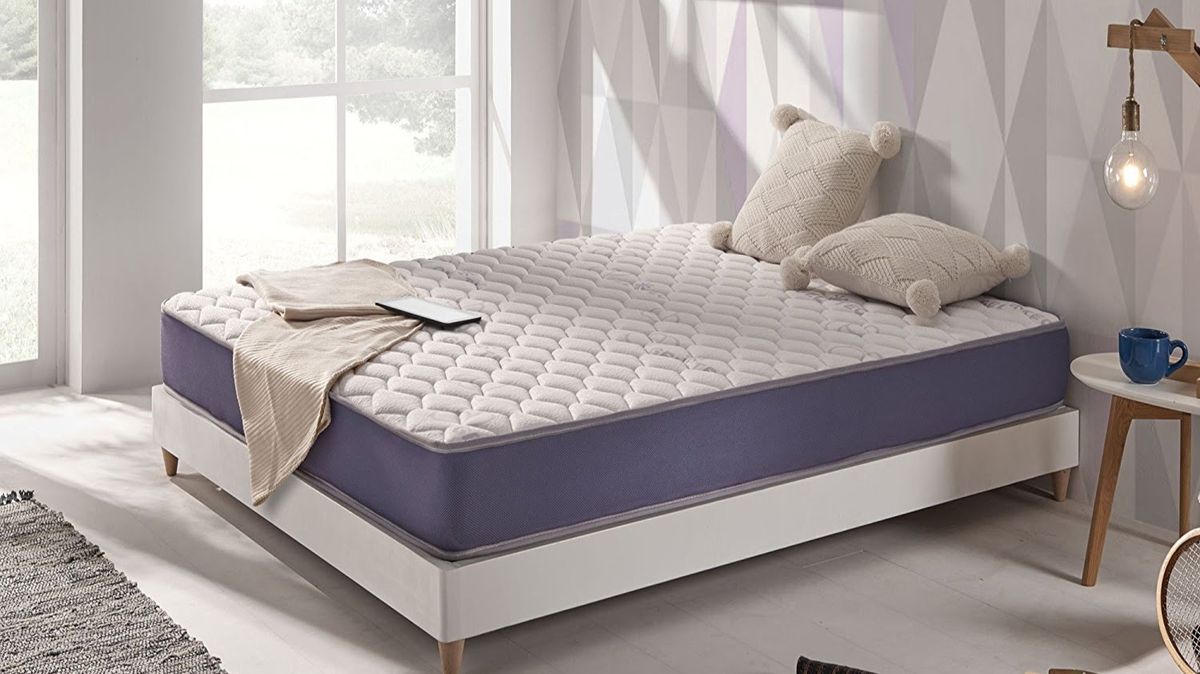

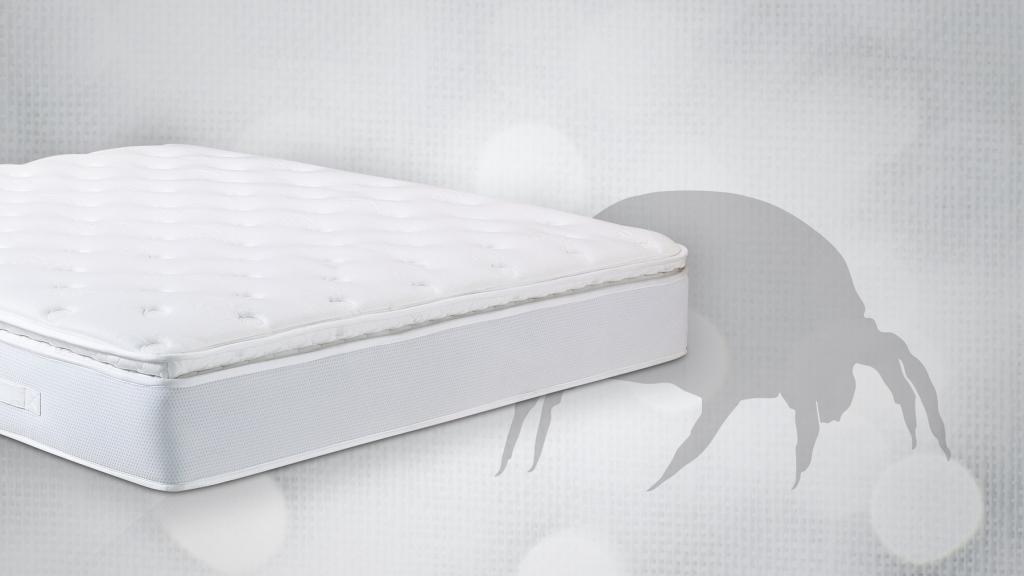
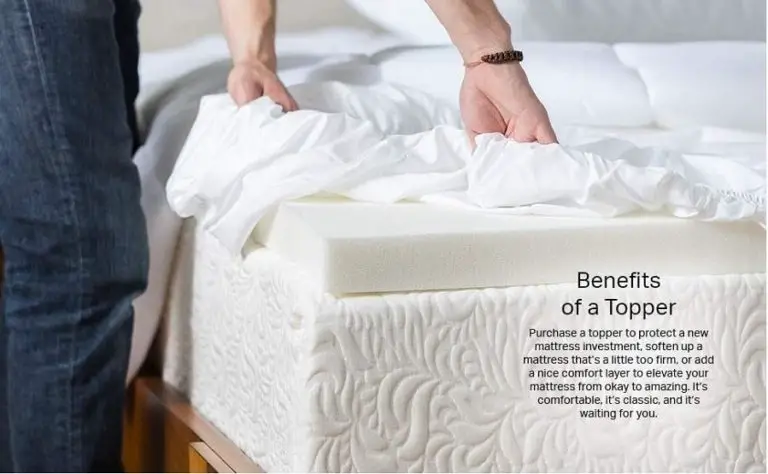






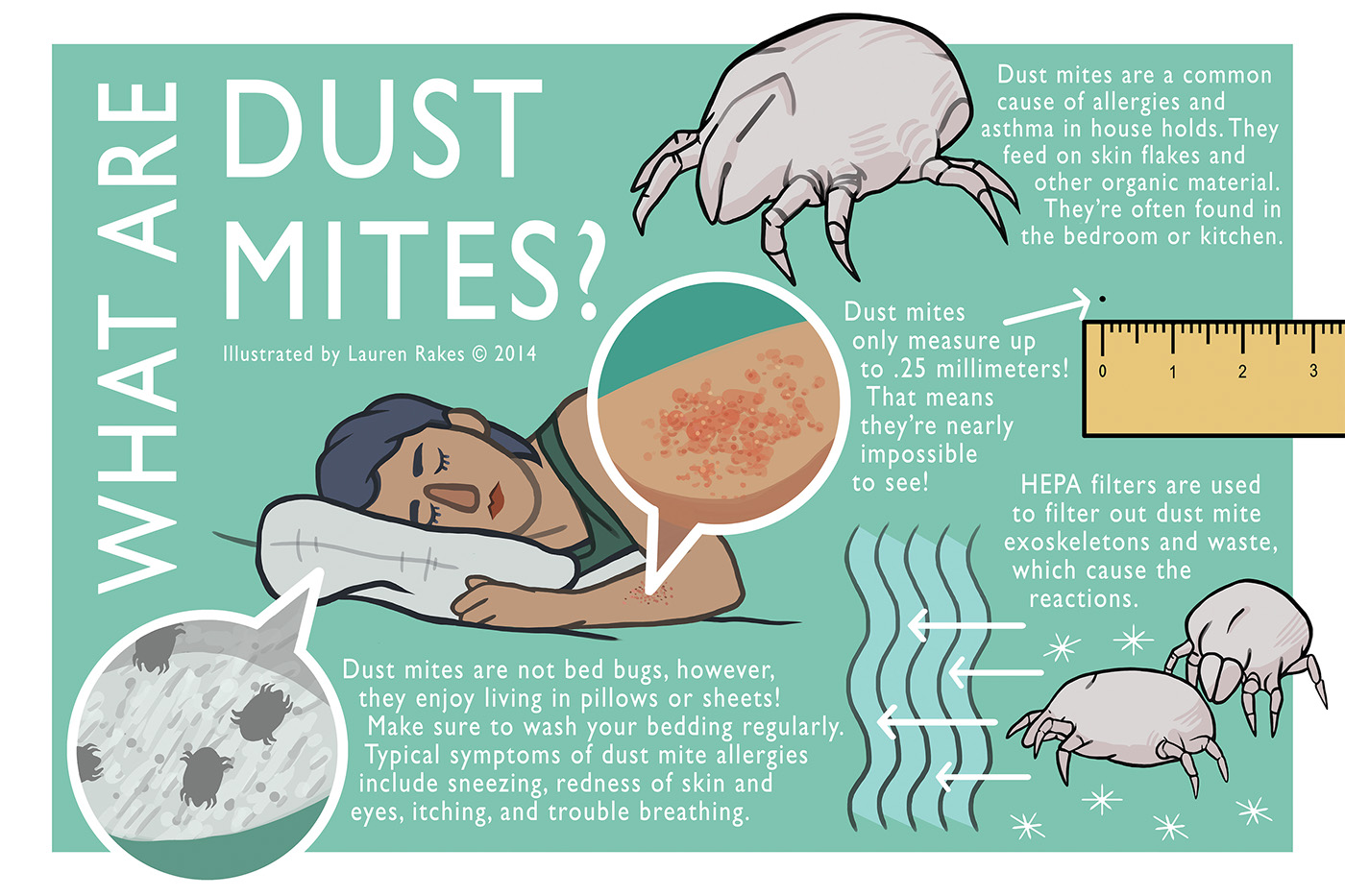

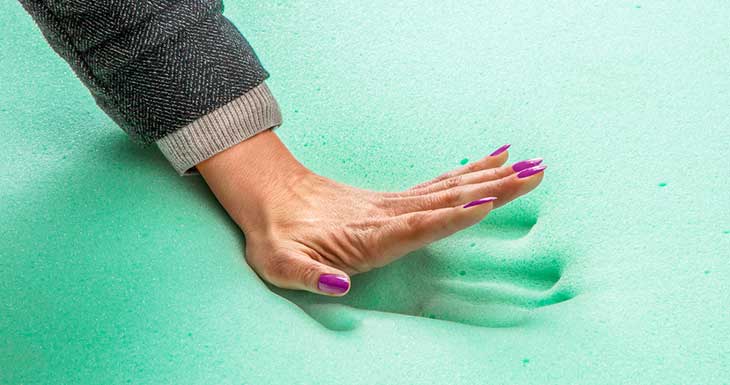



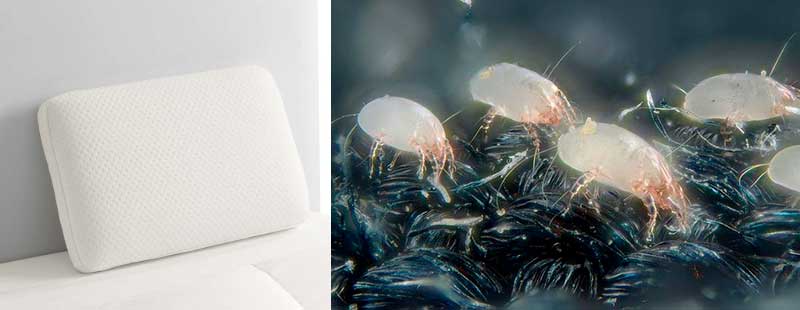

.png?sfvrsn=5c0b9a94_2)

















